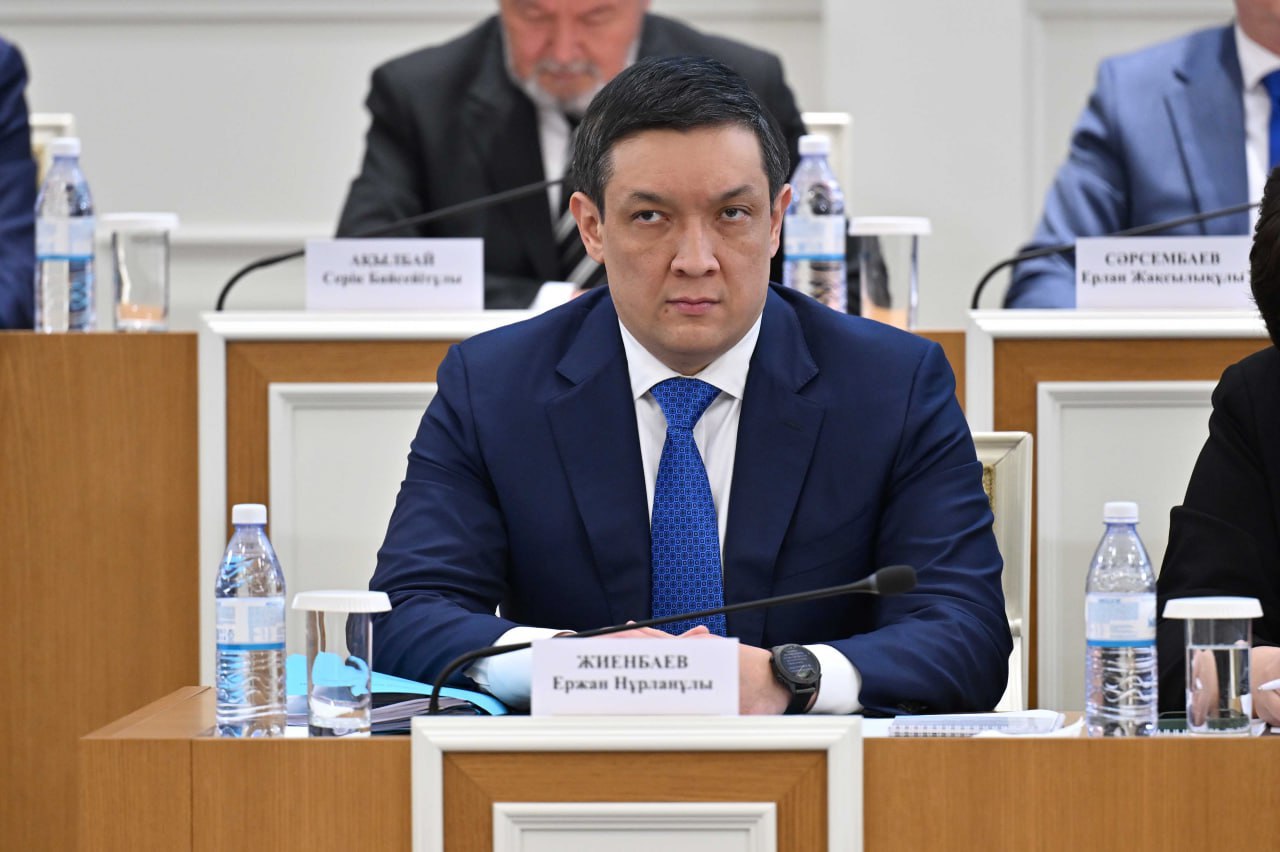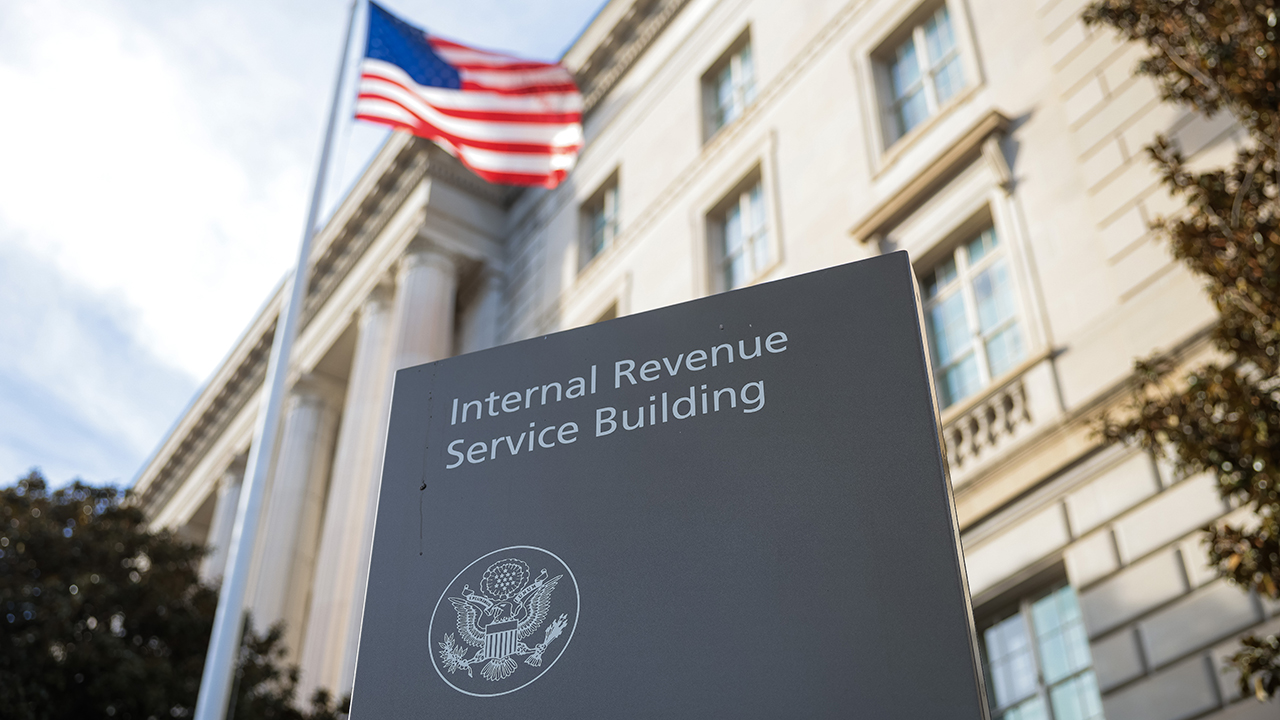Grenada Joins Regional Push for Responsible Citizenship by Investment


Grenada Citizenship by Investment is about to undergo important changes as the country prepares to join four fellow Caribbean nations in a comprehensive regional reform of their Citizenship by Investment programmes. This reform seeks to introduce a uniform set of standards and rules to make the programmes more transparent, credible, and sustainable. It will introduce new requirements for applicants, such as a 30-day residency rule over five years, more rigorous due diligence, and tighter regulation of agents and developers.
Grenada is aligning its CBI policies with Antigua and Barbuda, Dominica, St. Kitts and Nevis, and St. Lucia, ensuring they all follow a consistent approach. A new body, the Eastern Caribbean Citizenship by Investment Regulatory Authority (EC-CIRA), will be created to monitor and enforce the programme and will oversee citizenship approvals, conduct audits, set quotas, and license agents and developers.
One of the most significant changes for applicants is the new requirement for residency after approval. Everyone granted citizenship through the Grenada CBI programme will now be expected to spend a minimum of 30 days in Grenada within the first five years to build a genuine connection between the investor and the country. It is part of a larger effort to ensure that citizenship is not merely a transaction but a meaningful relationship.
Additionally, successful applicants will be required to attend cultural orientation and civic education programmes, learning more about Grenadian society and culture. Each applicant will also undergo an interview, either in person or via video link. These interviews are already part of the existing process, but will now become a formal requirement under the new regional agreement.
The initial passport issued to new citizens will be valid for five years. Renewal will only be granted if the applicant has fulfilled the post-approval obligations, including residency and civic engagement. Non-compliance may result in a fine of up to 10% of the original investment or even revocation of citizenship, although the latter will be at the discretion of each state.
To strengthen transparency, all five countries will participate in a regional database managed by EC-CIRA. This database will record all applicants and ensure that someone rejected by one country cannot reapply in another. This shared system addresses a loophole that previously allowed applicants to shop between jurisdictions after a rejection.
All applicants will also be subject to regional due diligence checks carried out by CARICOM IMPACS-JRCC, a Caribbean intelligence and law enforcement body. Each applicant will bear the cost of these investigations. While each country will continue to conduct its due diligence, they will all follow risk indicators and protocols defined by EC-CIRA to ensure a minimum standard of scrutiny.
The reforms extend to all agents and real estate developers who wish to operate in Grenada’s CBI programme must first pre-qualify with EC-CIRA. The new authority will have the power to license, monitor, and discipline these participants. It can revoke licenses in cases of misconduct and issue binding Directives and Codes of Conduct, enforceable by law unless overturned in court.
CBI Units and government agencies involved in the programme will also face greater oversight. EC-CIRA will conduct annual audits to ensure full compliance with the new standards.
One major feature of the reform is the introduction of an annual cap on the number of citizenships granted through investment. EC-CIRA will set the maximum number of approvals each country can issue annually. This number can be adjusted as a management tool or used as a sanction. If a country fails to meet its obligations under the agreement, EC-CIRA can effectively shut down its programme by reducing its quota to zero.
Although the reform agreement allows participating countries to withdraw with six months’ notice, this flexibility may undermine long-term cooperation if used. Still, the goal is to establish a durable and respected regional framework that protects the integrity of CBI programmes.
The continued availability of high-quality real estate projects in Grenada is an appealing path for those seeking second citizenship under the revised programme. Grenada Golden Passport Advisors, specialists in Grenada Citizenship by Investment, recently published a more detailed article on Caribbean CBI Reform.
Overall, the changes mark a turning point in Grenada’s CBI history. With greater regional coordination, enhanced due diligence, and more meaningful obligations for new citizens, Grenada is signalling its intent to uphold a high standard in the investment migration landscape.
The post Grenada Joins Regional Push for Responsible Citizenship by Investment appeared first on European Business & Finance Magazine.
















































